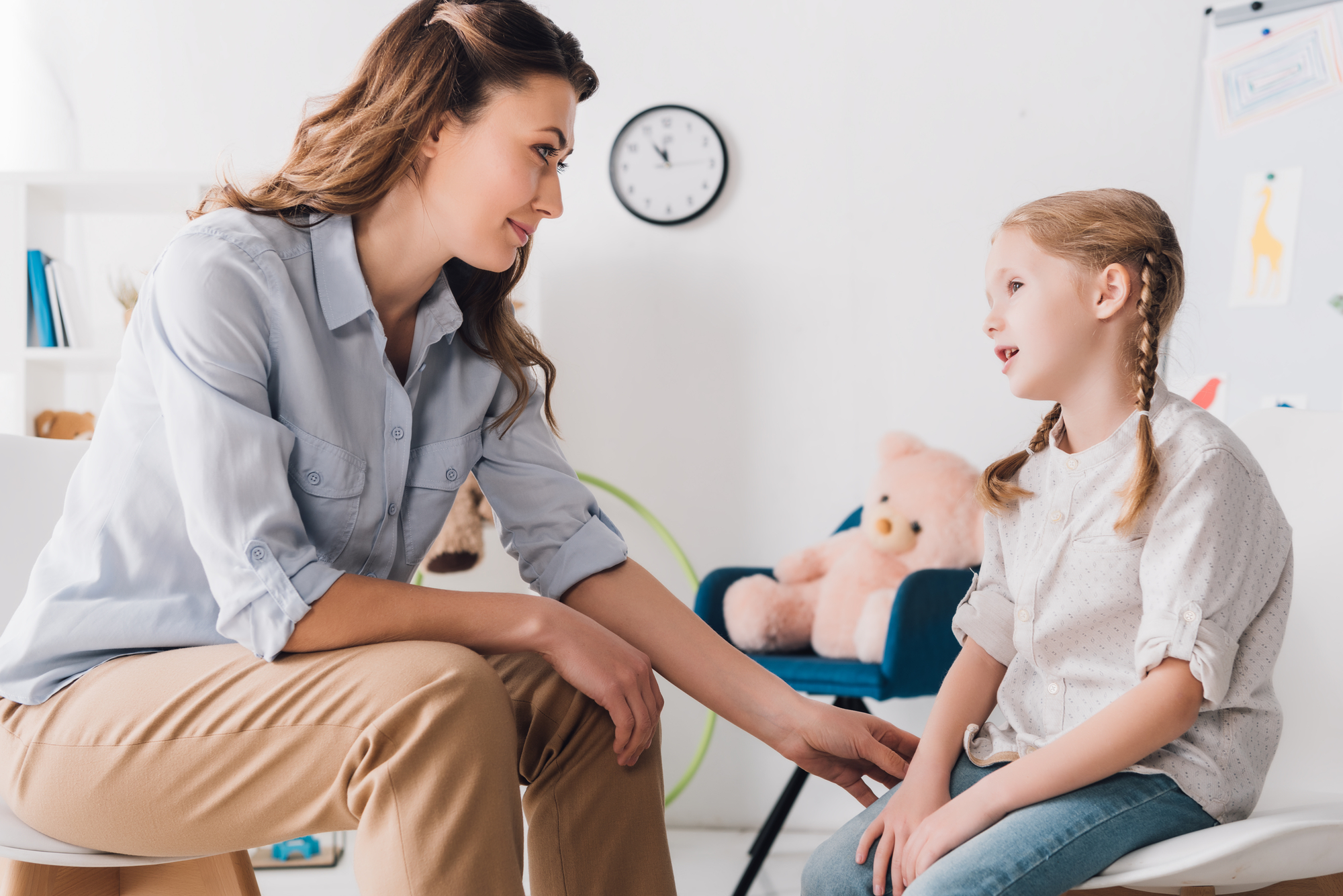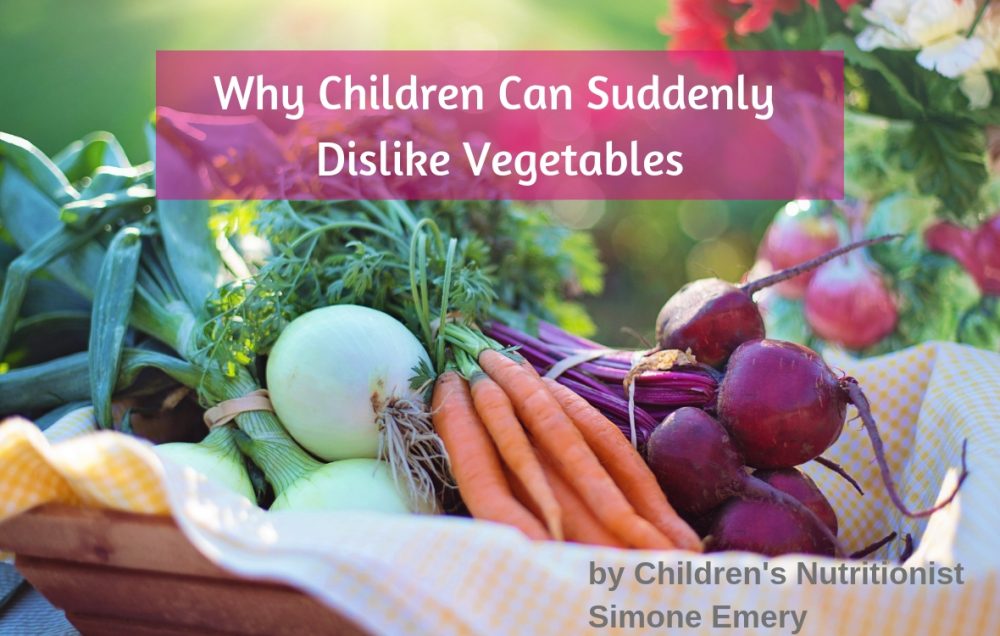Children are intuitive beings, even more so than adults sometimes! So, when things change your child will feel that change but might not understand why it’s happening and what the change has been caused by. This disconnect between the feeling they’re picking up on and the reasoning behind it can cause underlying anxiety in your child.
Whether you have a toddler, a kid in primary school or a teenager in the middle of year 12, it’s so important, at a time like this this, with home and school life in the throes of change and the world in a fog of uncertainty, to start establishing clear communication paths that will lead your family through this tumultuous time.
What do they already know? – Getting the facts straight
With the driver behind this new way of life, the COVID-19 pandemic, occupying most of our media sources (lots of which your child will have tuned into in one way or another), it’s important to begin the discussion by gauging what they might already understand about the issue.
Ask them upfront what they know about it and do they have questions about what they already know? This way you can get a feel for how deep their understanding goes and whether there are areas of information you might need to create some clarity around.
This will vary according to their age. For example, I know of a four-year-old who had a cold and told his doctor he had Covaravirus when she asked him how he was! If the information they have is incorrect, clarify and tell them the truth. Get your own information from Government Health websites.
How does your child feel? – Recognising emotions
Once you’ve established what your child knows factually about what’s happening, it’s important to start exploring their feelings around the topic.
If they talk about feeling scared about it or any other feeling, simply reflect back to them about what they feel. That is, say something like: “So, you are feeling nervous or scared about getting it and worried about what will happen next?” Do not try to fix the feeling, instead help them validate, accept and acknowledge what they’re experiencing.
If they’re wanting to explore these feelings more deeply or through a different means you could use creative outlets such as drawing, painting or writing to describe what’s going on emotionally for them.
Don’t make false promises – keep things clear, calm and upfront
Reassuring children excessively can backfire and actually increase anxiety. It is best to be factual and age appropriate. Do not say things that are not true, for example: “Daddy will keep you safe from it and will not allow anything bad to happen to you.” This sets children up to believe they have no power to do things that will protect their own health. It is disempowering, not empowering or comforting. It also sets them up to lose trust in your words, if or when something challenging befalls them.
Finally, when it comes to informing your child, while it’s hard to avoid at the moment, limit children’s exposure to news item about the pandemic, or any alarmist conversations. Whilst around your kids or while they’re in earshot don’t have catastrophising chats on your phone or with other adults about it.
Empower your child – how we can take back some control as a family
It’s important for children and adults alike to feel they have some sort of purpose amongst the chaos. Explain in words appropriate for their ages, what you are doing to avoid germs and how that helps stop the virus from travelling from one person to another.
Children are natural scientists. They like to know how things work.
For example, if you’re keeping calm and leading by example by doing the hygiene practices and social distancing that the Health Department has recommended, your children will feel more confident. Explore with them what you will both do to practice those new habits. Support them by reminding them to stay away from people if they forget, and that when you do that it will be only because you care and you know that sometimes people forget.
If you would like support in talking to your child about COVID-19 or you are struggling with your own feelings and emotions, a registered psychologist can help. You may even be eligible for telehealth sessions with a psychologist.
Finally, it’s so important to keep your kids in a positive state of mind, particularly while they may be social distancing and not getting the usual stimulation from friends or school that they’re accustomed to. Make sure intellectually and physically you are satisfying the buzzing needs of your child. This will prevent behavioural issues that can start to occur without enough stimulation for their minds and bodies.
There are lots of resources available to help engage children who are at home or home schooling, while keeping parents sane.
Most importantly, look after yourself! As parents we too need social contact and communication with others as well as sunlight and physical activity. If you don’t feel comfortable going outside much doing some exercise together inside can be an effective option to get the heart pumping and endorphins flowing. Make it a fun activity with your kids! Routine goes a long way and by getting your own family’s day, week and month mapped out you can keep your kids feeling informed, healthy and empowered throughout this period. There’s always uncertainty in life, right now we’re just experiencing it on a much larger scale than ever before. Remember your child will learn coping mechanisms, resilience and strength so there’s always a silver lining to counteract what we can’t right now predict.
 Amanda Curran is a registered psychologist and the Vice President of AAPi, the peak not-for-profit body for psychologists in the country. https://aapi.org.au/
Amanda Curran is a registered psychologist and the Vice President of AAPi, the peak not-for-profit body for psychologists in the country. https://aapi.org.au/
You may also like to read:









